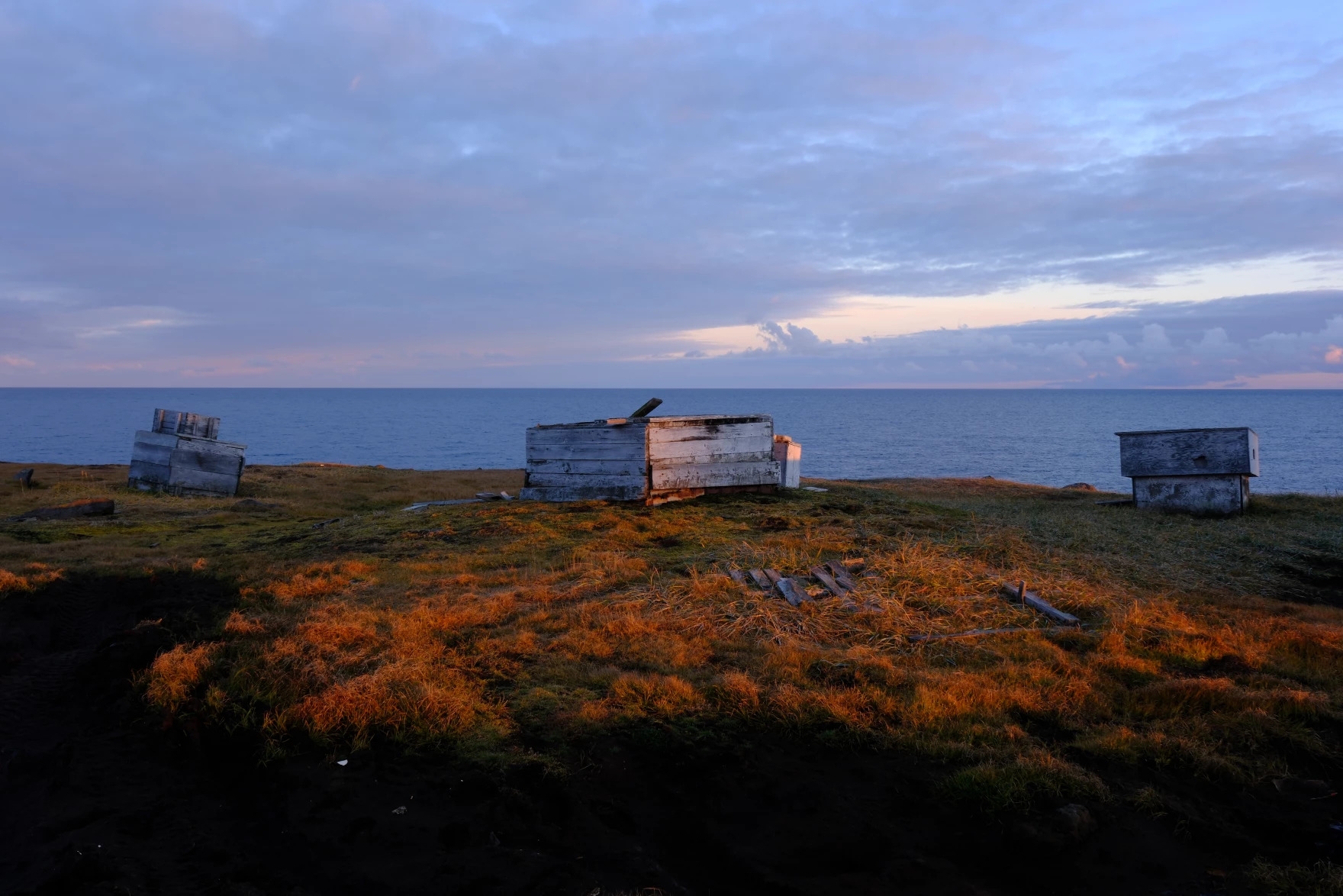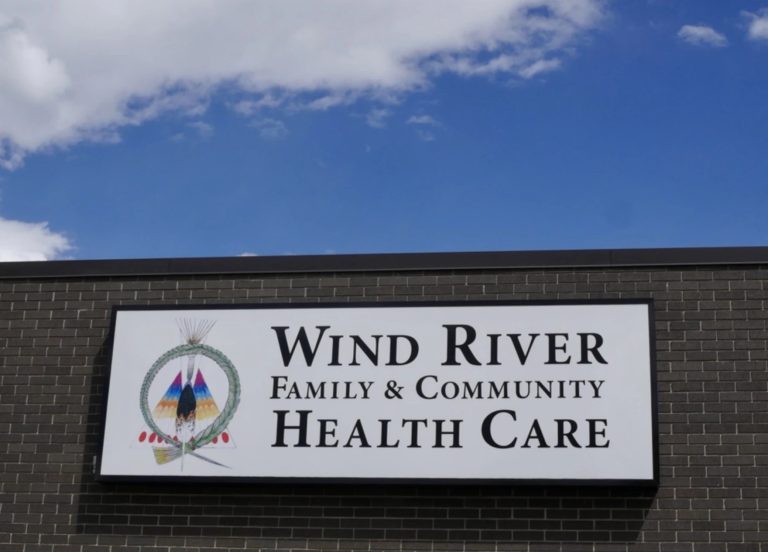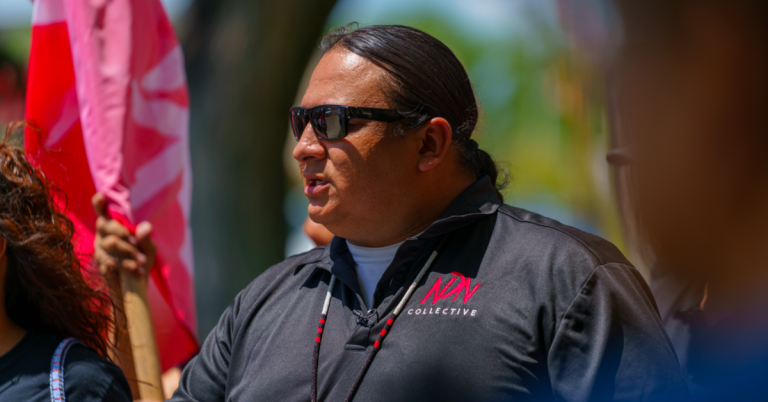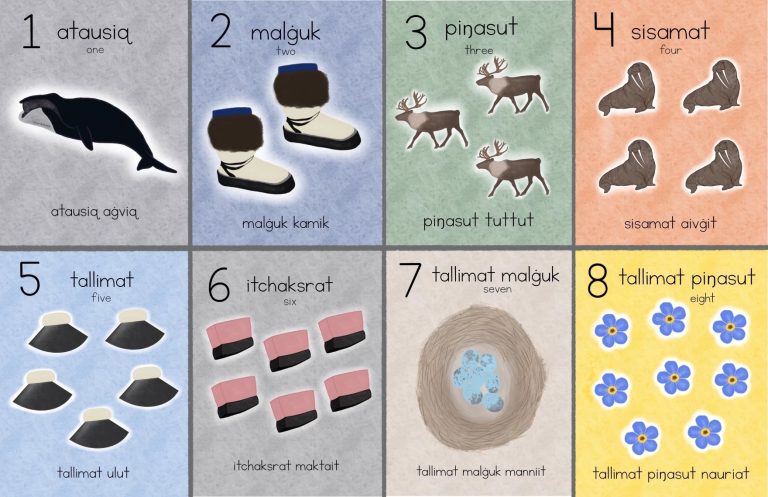Podcast: Play in new window | Download | Embed
President Donald Trump’s Navajo pick for Assistant Secretary of the Interior was officially confirmed Tuesday during Day 7 of the federal government shutdown.
KJZZ’s Gabriel Pietrorazio has more.
Senate Republicans confirmed William Kirkland (Navajo) among more than 100 Trump nominees along party lines – while Democrats, including U.S. Sens. Mark Kelly (D-AZ) and Ruben Gallego (D-AZ), voted against it.
Kirkland pledged to work with lawmakers to address potential budget cuts facing Indian Country during his July confirmation hearing.
“First of all, it is unfortunate, but tribal nations have always been asked to do more with less. Whatever dollars are allocated towards the Office of Indian Affairs by Congress, we’re going to work to make sure that we get the best investment.”
Kirkland enters his new Interior role at a time when more than half of all staff agency wide are furloughed.
Now, those nearly 31,000 federal workers and many more may not be guaranteed back pay, according to a White House memo.

Several ice cellars in Savoonga on Sept. 25, 2025. (Photo: Alena Naiden)
Indigenous peoples in the Arctic have been using underground food storage for thousands of years, but the practice is changing as the environment warms.
Researchers have been looking at how villages in Alaska – and Arctic communities in other countries – are reimagining the future of ice cellars.
Alaska Desk reporter Alena Naiden from our flagship station KNBA has more.
Several wooden boxes poke up above ground along the coast in Savoonga, on St. Lawrence Island in the Bering Sea. They are a few feet deep and are now empty, but traditionally they are filled with walrus, reindeer, and whale meat.
Ice cellars – or siqlugaq in Yup’ik – are common throughout Alaska Native communities, but the Arctic has been warming almost four times faster than other parts of the world.
Researchers from the University of Alaska Fairbanks (UAF) have been studying how food preservation practices have been changing.
Yoko Kugo is originally from Japan and is one of the researchers who is leading the project.
“We’ve heard that some communities – not all of them but some – are having hard time relying on storing food underground.”
Kugo and other UAF researchers have been visiting the communities on St. Lawrence Island, as well as on the North Slope.
They learned how food preservation practices vary depending on local landscape and diets. And they heard from residents that permafrost thaw and erosion have been causing some of their ice cellars to collapse or flood. Despite the challenges, many continue using ice cellars and hope to preserve the practice.
Another UAF researcher Michael Koskey has been working on the project as well. He says that while the climate is expected to get hotter throughout this century, underground, the temperatures should fluctuate less.
“If they’re willing to go a little deeper and a little further inland, there’s more of a chance of … making a new cellar and maintaining those traditions.”
During the most recent meeting in Savoonga, residents asked researchers about climate predictions – and stressed the resilience of Indigenous people in face of environmental change.
Kugo says that overall, residents in four Alaska communities asked them about practical takeaways from their research.
“This project might be a bridge between the communities … They are looking for what they can do and do together.”
While researchers are nearing the end of the social science part of the project, climate evaluations are continuing. Collaborations with other countries will go on as well.
Cherokee Nation leaders in Oklahoma signed an order Wednesday officially establishing Cherokee Nation Flag Day to be celebrated annually on October 8.
The day commemorates October 8, 1977, when the Cherokee council started the process of developing a new flag design.
Leaders say the flag represents Cherokee Nation history, culture, and sovereignty.
Get National Native News delivered to your inbox daily. Sign up for our daily newsletter today.
Check out the latest episode of Native America Calling
Thursday, October 9, 2025 — Walrus management in a changing Arctic



